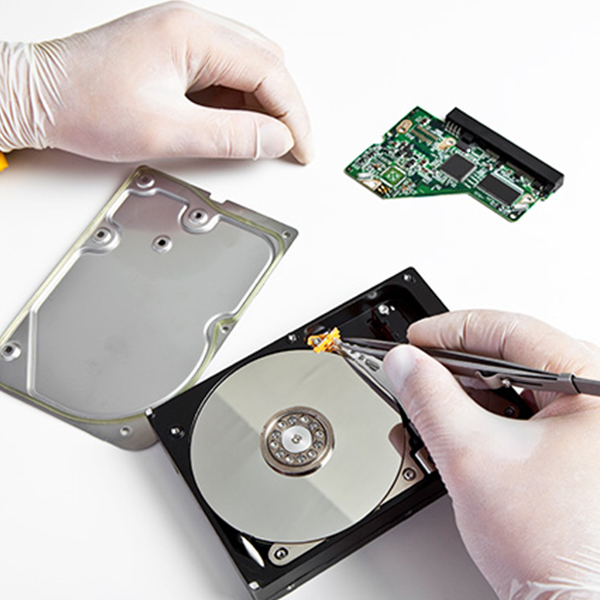In today’s rapidly advancing scientific landscape, laboratories are at the forefront of innovation. They play a pivotal role in research, diagnostics, and various industries, and as such, they require powerful tools to streamline their operations and ensure data accuracy and integrity. Laboratory Information Management System LIMS software tools have emerged as indispensable assets for modern labs, empowering them to operate efficiently, securely, and with a high level of precision. LIMS software is designed to manage and streamline every aspect of laboratory operations, from sample tracking and data management to compliance with regulatory standards. Here are some key ways in which state-of-the-art LIMS software tools empower labs:
Efficient Data Management: LIMS software eliminates the need for manual data entry and paperwork, reducing the risk of human errors and ensuring data accuracy. It allows laboratories to efficiently capture, store, and retrieve data, making it easier to track samples and experimental results.
Sample Tracking and Inventory Management: Laboratories deal with a multitude of samples on a daily basis. LIMS software provides a robust system for tracking sample information, including sample origin, storage location, and testing history and check here https://atlab.com/industries/manufacturing-lims/. This ensures sample traceability and minimizes the chances of sample mix-ups or loss.
Workflow Automation: LIMS software streamlines laboratory workflows by automating routine tasks and processes. This reduces the time and effort required for manual tasks, allowing lab staff to focus on more critical aspects of their work, such as data analysis and interpretation.
Quality Control and Compliance: Ensuring compliance with industry regulations and quality standards is essential for labs in healthcare, pharmaceuticals, and other fields. LIMS software helps labs maintain compliance by enforcing standard operating procedures and tracking audit trails.
Data Security and Accessibility: Modern LIMS software offers robust security features to protect sensitive data from unauthorized access. At the same time, it provides authorized personnel with convenient and secure access to data from anywhere, facilitating collaboration and remote work.
Data Analytics and Reporting: LIMS software tools often come with built-in data analytics and reporting capabilities. This enables labs to generate meaningful insights from their data, identify trends, and make data-driven decisions.
Scalability and Integration: As labs grow and evolve, LIMS software can scale to meet their changing needs. It can also integrate seamlessly with other lab equipment and software systems, ensuring a cohesive and interconnected lab ecosystem.
Cost Savings: While implementing LIMS software involves an initial investment, the long-term benefits are significant. Labs can reduce operational costs associated with manual processes, data errors, and compliance issues, leading to a more efficient and cost-effective operation.
In conclusion, state-of-the-art LIMS software tools are indispensable for modern laboratories aiming to stay competitive, compliant, and efficient. They empower labs to manage data, samples, and workflows with precision, accuracy, and security. As technology continues to advance, embracing LIMS software is not just an option but a necessity for labs looking to thrive in today’s scientific landscape. it is a strategic investment that unlocks a world of possibilities and ensures that laboratories remain at the forefront of innovation and discovery.







